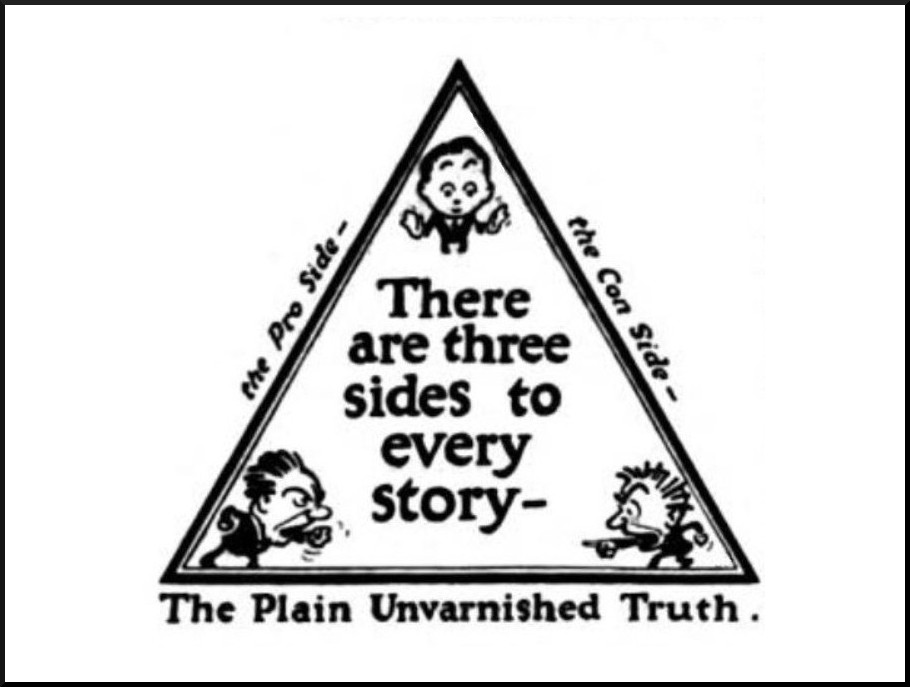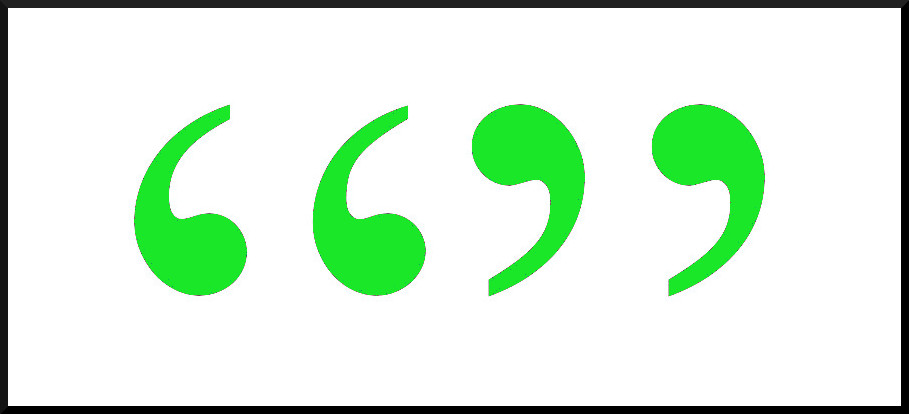Groucho Marx? Neville Cardus? Godfrey Smith? Donald Trelford? John Gale? Michael Davie? Apocryphal?

Question for Quote Investigator: A popular anecdote states that a famous U.S. comedian was taken to a cricket match. The comedian watched the field intently but without comprehension. The hosts attempted to explain some of the complicated rules of the game. After thirty minutes of dull action on the field the hosts asked uncertainly:
“How do you like the game?”
“It’s great. When does it start?”
This punchline has been attributed to Groucho Marx. Does this anecdote describe a genuine event? Would you please explore this topic?
Reply from Quote Investigator: The earliest evidence found by QI appeared in “The Spectator” of London in 1964 within an article by English critic and sportswriter Neville Cardus. Boldface added to excerpts by QI:1
A few summers ago, Groucho Marx was taken to Lord’s, during the course of a dull immobile county match. Through the windows of the Long Room he looked on, while a friend instructed him about the game’s rules and know-how. ‘Six balls bowled from this end, then six from the other.’ ‘If the batsman hits the ball where a fieldsman can’t stop it, they run.’ And so on.
Groucho listened attentively. ‘I think I’ve got it. The field changes over. They run. Yeah-—I think I’ve got it.’ He watched the game in silence for five minutes, then said, ‘Say — when does it begin?’
Citations presented further below indicate that the journalists John Gale and Michael Davie invited Groucho Marx to witness a cricket match. Marx accepted and delivered a variety of jokes, but there is no direct evidence from a witness that Marx used the punchline above.
Below are additional selected citations in chronological order.
Continue reading “Dialogue Origin: “How Do You Like the Cricket Match?” “It’s Great. When Does It Start?””







